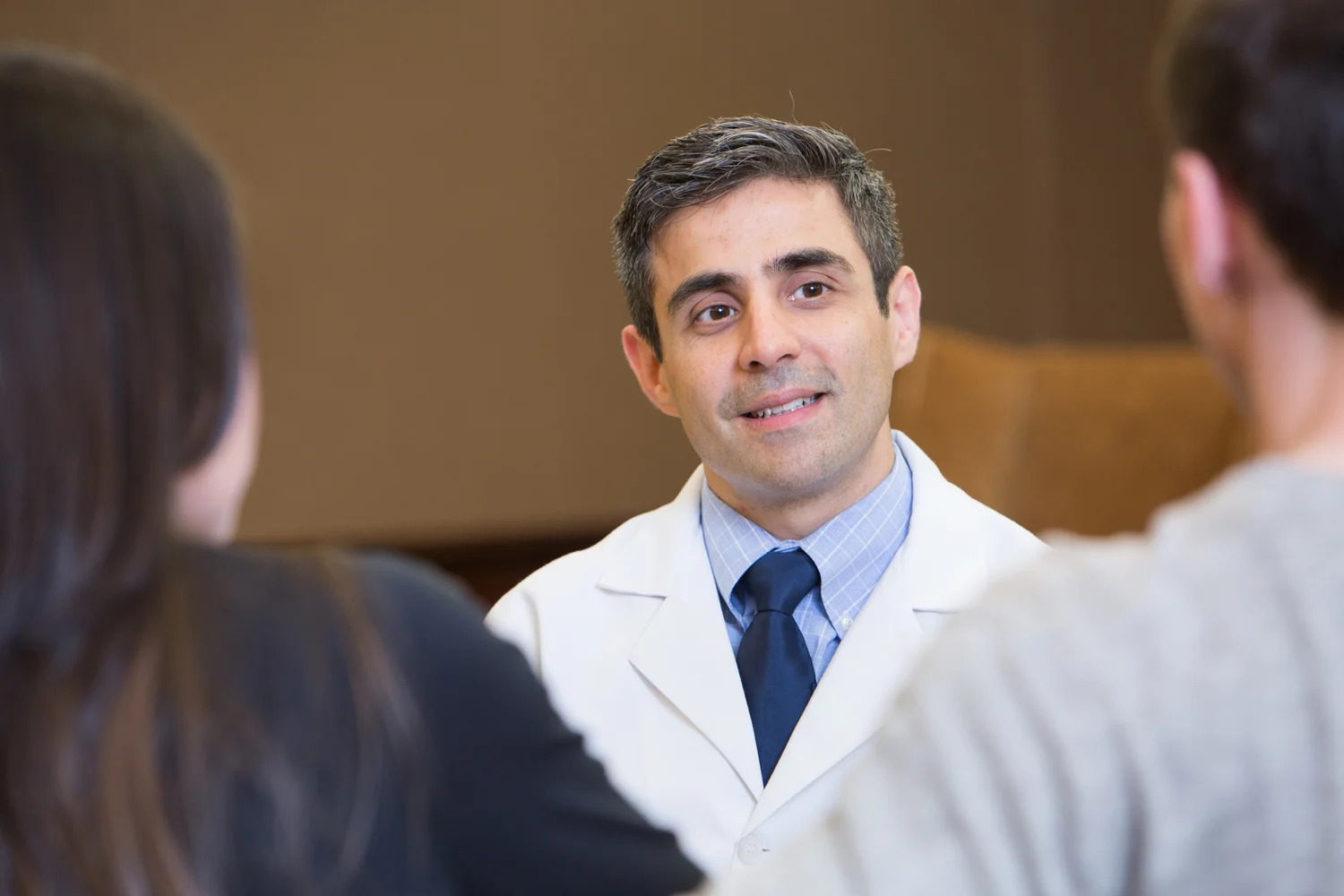Donor Eggs: Are they for everyone?
A recent conversation…
I sat with a couple this week and we discussed a recent failed cycle of In Vitro Fertilization due to poor egg and embryo quality. We discussed the use of donor eggs and they looked at me as if I had told them we were going to fly her to the moon to dig up eggs to get pregnant with.
“You can do that?” she said.
“We do it all the time.” I responded. “and not just our clinic, it happens thousands of times each year.”
“What crazy medications do I have to take for it to work? Won’t my body reject it?” She was aghast.
I smiled. “Nope.. just estrogen and progesterone.. your uterus is a very welcoming place. The beautiful thing is that your pregnancy would be like any other. Actually it would be healthier than if you had been pregnant with your own egg since it is a younger, healthier egg. Not even your obstetrician would know it was a donor egg”
It sounds like science fiction to most people, but it happens all the time. When women are conceiving well into their forties, a good majority are using the technology of donor eggs to have healthy pregnancies that result in healthy babies.
An article published in the Journal of The American Medical Association yesterday entitled “Trends and Outcomes for Donor Oocyte Cycles in the United States, 2000-2010" has grabbed my interest. The article reports on the outcomes of donor egg cycles for the past decade. In case you did not know, a woman is born with a fixed number of eggs which are used over the course of her life until there are none left and menopause ensues. As many of my patients can attest to, the decline in fertility happens many years before menstrual cycles cease as the quantity and quality of eggs decreases. For women whose eggs are no longer of the caliber to result in a healthy pregnancy, science has developed the ability to take another woman’s eggs, fertilize them with the male partner’s sperm and return these embryos to the recipient’s uterus with minimal medication to help them stick.
What strikes me is that in 2010 over 18,000 donor egg IVF cycles were performed in this country, accounting for roughly 11.5% of IVF cycles in the United States. The findings of the study also confirm that donor eggs are more likely to result in a healthy pregnancy. In fact, when donor oocytes are combined with extended embryo culture (growing to day 5/6) and single embryo transfer, outcomes are best. In our own practice, we have pushed the envelope by moving all transfers to day 5/6 and by encouraging single embryo transfers for most of our patients. It is reassuring to see that we are ahead of the curve!
Don’t get me wrong — no one walks in to my office demanding to use donor eggs. For most couples, it is an option of last resort when all else has failed. Couples who face this situation should know that they are not alone — it is happening all around them. Furthermore, they should be reassured that outcomes are good, and maybe even better than if they had conceived with their own, lower quality egg. At the end of the day, the goal of infertility treatment is a healthy baby. Donor eggs are not the first step, but for many it is the best option. I’d be willing to be that for almost all couples, once they are holding that baby in their arms, all regrets and trepidation melt away.
